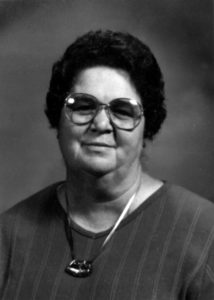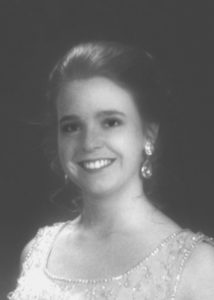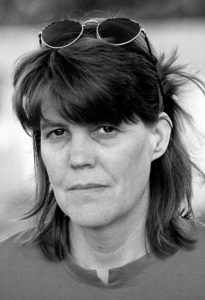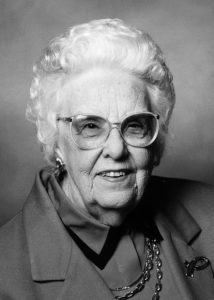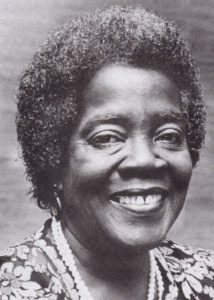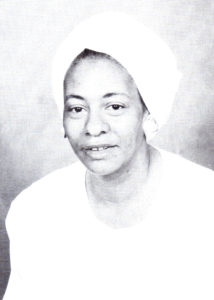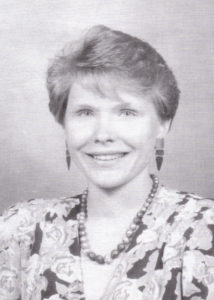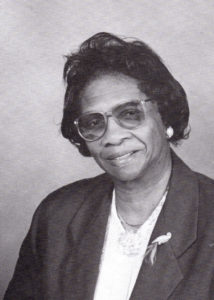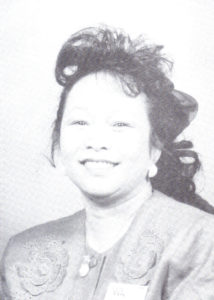Women of Achievement
1999
HEROISM
for a woman whose heroic spirit was tested and
shown as a model to all in Shelby County and beyond:
Sandra Harrison
Sandra Harrison was illiterate.
She was 46, but she could not decipher a utility bill, or choose a greeting card for a friend, or read a simple paragraph in a newspaper story.
Typically, people who cannot read will make their way in society as best they can, hiding their secret. Some take classes at the many literacy councils in the area. Some go on to get their general equivalency diploma (GED) and enroll in adult basic education classes.
Sandra Harrison was different. She decided to go back to school.
In 1996, she entered second grade at Drummonds Elementary School and began her education with 7-year-old children. With loving support from a dear friend and a fine teacher, she set out determined to learn to read and write.
She swallowed her pride, not only to get the education she needed, but also to prevent others from being illiterate. She told the story of her struggle on the front page of The Commercial Appeal. To her classmates, she said, “I can’t read. I come up the hard way. I don’t want you to go through what I did, the way that I was brought up. I want to be able to read, and be with you, and do things like you do.’’
Sandra’s family were Tipton County sharecroppers. She, her brothers and sisters – 11 of them – got to go to school when it rained. Otherwise the family worked the cotton fields.
In the 1950s and 1960s in rural Tipton County, no one thought to test Sandra for a learning disability. No one noticed or helped as she fell behind in her schoolwork, so Sandra began a lifetime of pretending and getting by. At last, a teacher said, “You can’t learn.’’
Sandra married at 16 and nearly 30 years later, her caring husband, W.H. ‘Bug’ Harrison, encouraged her to accept friend Inez Miller’s offer of reading lessons. After a year of grammar, spelling and phonics, Inez paired Sandra with veteran second-grade teacher Mable Jefferson. She became “Miss Sandra,’’ drilling with flash cards and reading from piles of picture books alongside youngsters with missing teeth.
“I love them books,’’ she told The Commercial Appeal. “I get excited about them books.’’
Years after a school system failed her, Sandra Harrison bravely risked humiliation and disappointment in her drive to change her life by learning to read and write. She bravely shared her story, in her community, at church and in the newspaper, to offer an example of hope and strength to others.
Sandra Harrison studied for four years and then stopped to tend to an ill family member.


